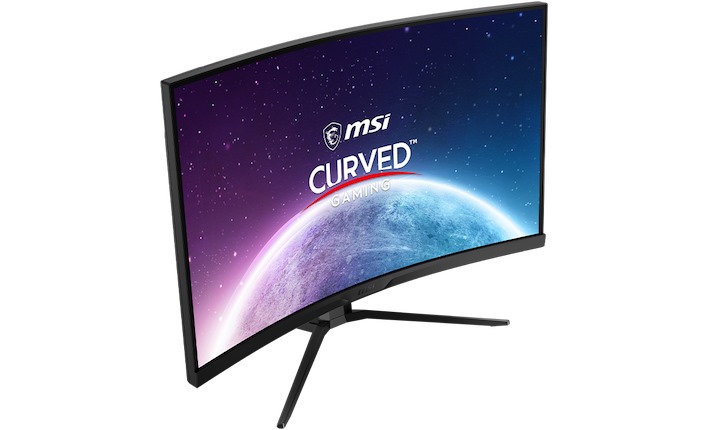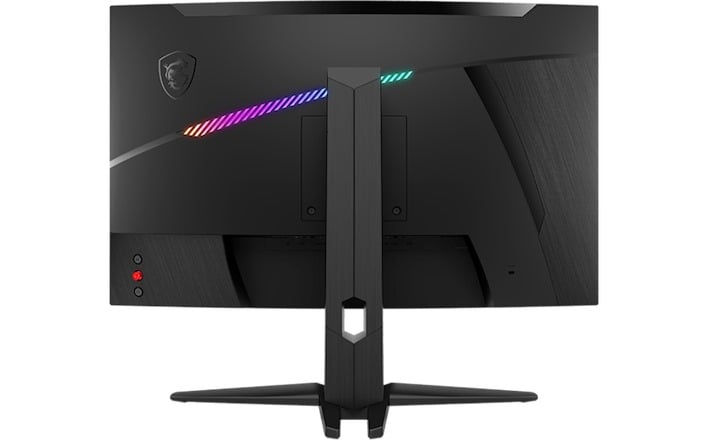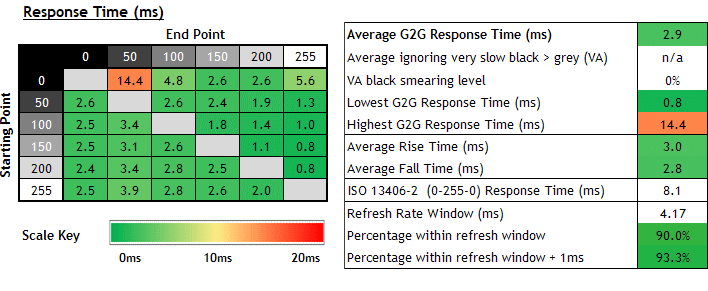MSI Unveils Quantum Dot Gaming Monitors With Rapid VA Panel Tech, Why It Matters

It's important to understand that saying that your monitor is an "IPS" or "IPS type" doesn't really tell you a lot about the capabilities of the monitor; there are dozens of individual "IPS-like" technologies, and they all have different specs. However, these LCD panel classes do have broadly-shared characteristics: TN LCDs usually have rapid response times but poor colors, IPS LCDs usually have rich colors but poor contrast, and VA LCDs typically have excellent contrast and colors, but terrible response times.

Well, in recent years, Samsung has released a small handful of monitors that feature VA LCD panels with extremely good response times—around the same as high-end gaming IPS panels. This is very impressive, because these monitors retain all of the advantages of traditional VA LCDs, including excellent contrast, rich colors, and wide viewing angles.
What does that have to do with MSI? Folks who follow hardware are probably aware that MSI has been selling a whole range of gaming-oriented PC monitors for several years at this point. Most of MSI's monitors have been based on Samsung panels. Now, it seems like Samsung has finally seen fit to allow another vendor to sell its low-response-time VA LCDs, as MSI has just announced four monitors based what it is calling "Rapid VA" panels.

All of the monitors are in MSI's MAG lineup, and all of them are 2560×1440 resolution. Two are 27", and two are 31.5". The primary differences are that two of the monitors—one of each size—refresh at 170Hz, while the other two refresh at 240Hz. The monitors with the slower refresh rate use a Quantum Dot (QD) filter that gives them slightly wider color gamuts, which means richer and more saturated colors—although all of the monitors exceed the sRGB standard significantly. The 240Hz displays, meanwhile, have some limited HDR support in the form of DisplayHDR 400.
MSI claims a 1ms response time for these monitors, but as usual, the company is quoting MPRT, or "moving picture response time." This is representative of these screens' strobing backlight mode, which will drastically reduce motion blur, but doesn't really tell you anything about the real pixel response of these displays.



